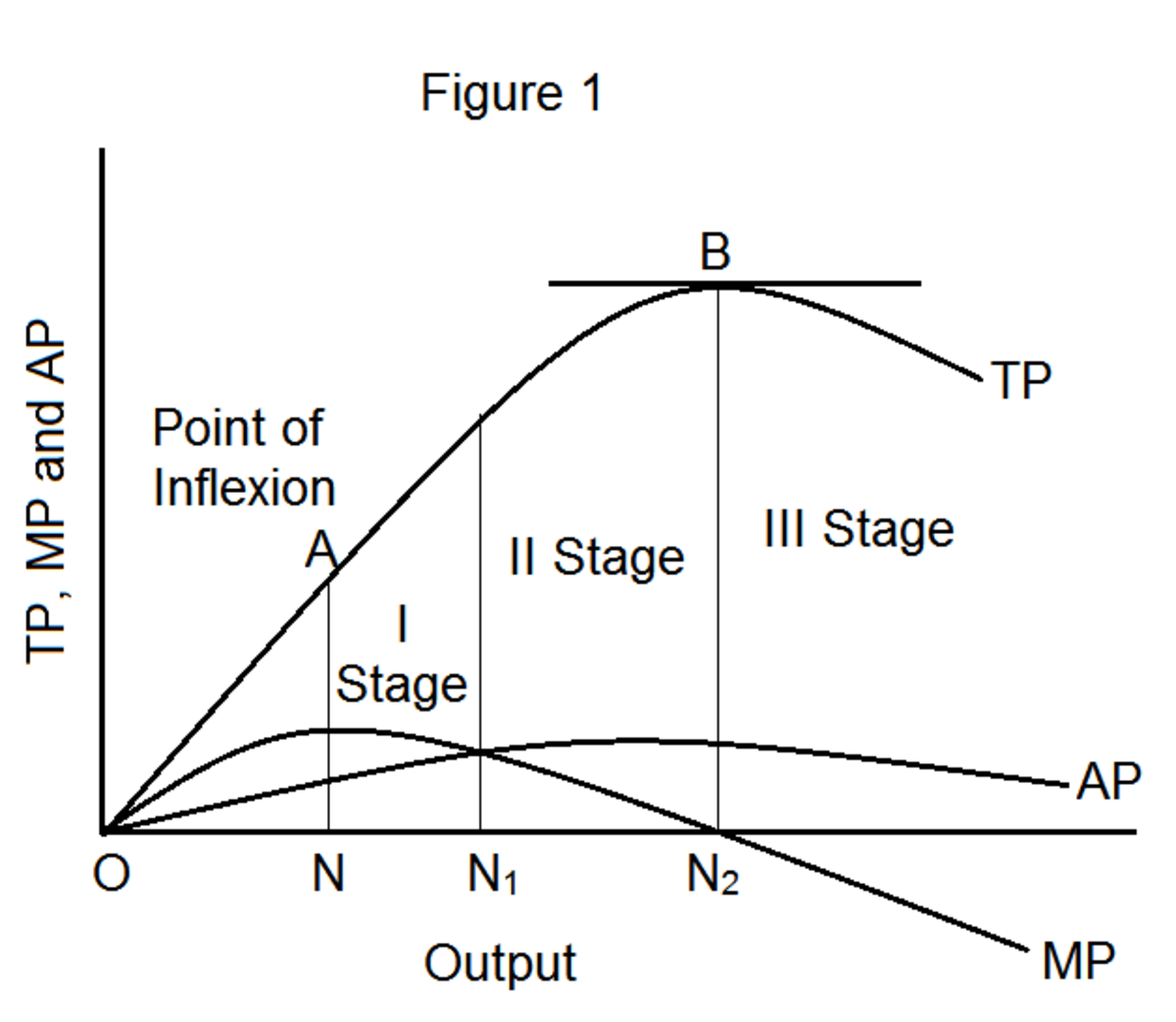The Real (Easy Credit) Bubble Burst II: The Future of Real Estate as an Investment

From the egalitarian 80s and nothing down 90s to the now current 21st century “Speculation Nation,” the transformation of the American real estate investor has been one of investing for long-term growth to investing for short-term gratification. Unlike any other highly developed advanced economic society, real estate—from the perspective of the individual investor—represented both a, direct and indirect manner of ascertaining a solid investment.

A Foreclosure,,,,,, A Cadaver Home But Very Much Alive!
The implosion of “The Real (Easy Credit) Bubble” has left mass graves of real estate properties scattered through-out this nation. In reality, these properties aren’t moribund investments—but the fact of the matter is, real estate—as an investment—will always be alive. What is dead are, indeed, the “shifty loans” they were attached too. In a sluggish economy or any other kind of economy, a house is still a habitable dwelling and will always have significant value. Now that we have all these foreclosed homes lurking around, people are beginning to lose sight of what a foreclosure really means. The word foreclosure isn’t an economic neologism: it’s a term that’s been around for a very long time. It’s just that now, following all this subprime mess, a foreclosure has mutated itself to mean foreclosed home. What’s a foreclosed home? A foreclosed home is a property that has been taken back by the lender because the borrower broke the “mortgage loan” agreement (Wikipedia). A foreclosure then becomes a legal process—as stipulated on the promissory note, along with the pile of other documents that borrowers foolishly signed. In short, it gives the lender the right to repossess a home to recover his/her losses.

A Foreclosure,,,, Big Time Loss!
Anytime a foreclosure occurs, a bank was supposed to have “lossed-out.” Furthermore, anytime thousands of foreclosures occurred, the macro-economy was supposed to have “lossed-out” to the point of it being a detriment to our modern capitalistic society thus our standard of living. In a post real estate economic fallout, the economic recovery seems quite simple: the internal forces within the market process says that foreclosures are far too valuable to lack sufficient demand to let these cadaver homes lay dormant. Even in the midst of this so called “credit crunch,” the internal market forces should find a way to give value to a dead asset—that is to say, similar to commodities, real estate are a great place to sank monies into as the threat of inflation lingers Because of the magic on Wall Street, stocks tend come and go, but because real estate is tied to the ground, you can never really hurt it. Real estate foreclosures, whether in pre-foreclosure or post-foreclosure mode, will always be considered a liquid asset; meaning how fast it can be converted into cash. Also, with the advent of the information age, when it comes time for real estate investing, individual home buyers are arming themselves with tons of information. Most of them will be looking for great homes at reasonable prices; a price for which they should find very reasonable in a foreclosed home.

Real Estate Syndication: An Investment Partnership On A Mission
What’s a real estate syndication? A real estate syndication is a group of people organized to carry out a defined business purpose. In this case, the business purpose just so happen to be the acquisition of real estate property. But real estate syndications can be both private and public: in a public syndication, shares in the venture are offered to the public at large (much about public real estate later.) The reason I mention real estate syndication or group investment because I’m fully certain that it will take nothing less than a full assault on the real estate foreclosure crisis to remedy our problems. Syndications will allow key investors to tackle something that’s beyond their individual financial means. Syndication is a pooling of resources, finances and time; and for these reasons should appeal to both the sophisticated investor—one who has as a great eye for the market—and the relatively inexperienced investor—one who simply wants to get his/her feet wet in real estate investing. Real estate syndication is a market economy response to excess real estate (foreclosure) properties.


Real Estate A Liquid Asset--aka, Get Cash Now!
In final, just like every real estate investor dreams of becoming the next Donald Trump, every real estate syndication auspiciously hopes to one day sell shares of its real estate firm in the form of a public real estate syndication—i.e., Crescent Properties (REIT). Because real estate is such a liquid asset—meaning how fast something can be converted to cash—people who invest and own it in a market based economy, doesn’t only amass wealth, but in the process build up investment clout. Whenever someone could go inside any bank and take out a loan based “just on his/her name,” this is what is meant by “investment clout.” Donald Trump, being a great example, has garnered real estate investment clout. My point is this, if money invariably loses value overtime to inflation, then it behooves conventional wisdom, in order to amass wealth, that you should place monies into a long‑term appreciable assets. In essence what this does is counters the ill effects of inflation. Put simply, when you accumulate real estate you accumulate an inflation proof investment thus making real as a future investment a good option for many Americans.







